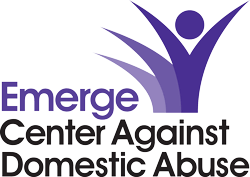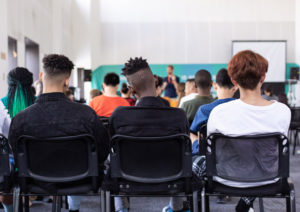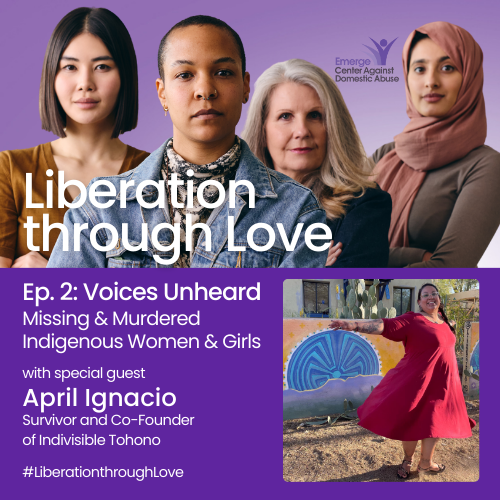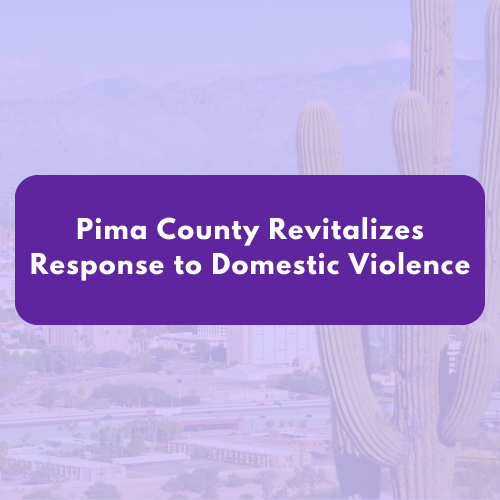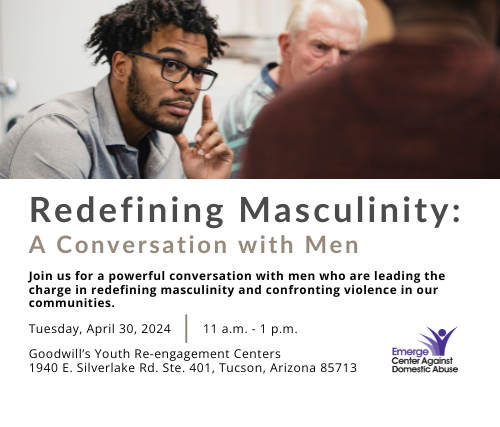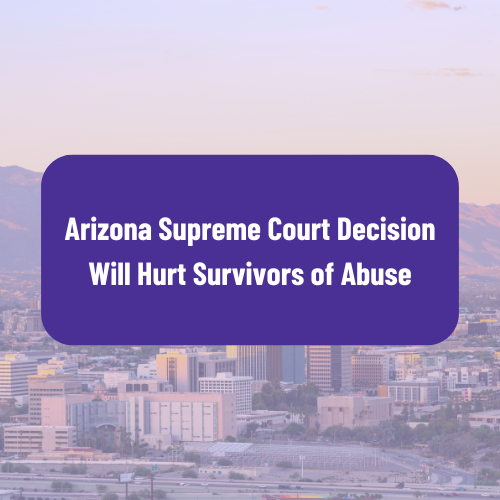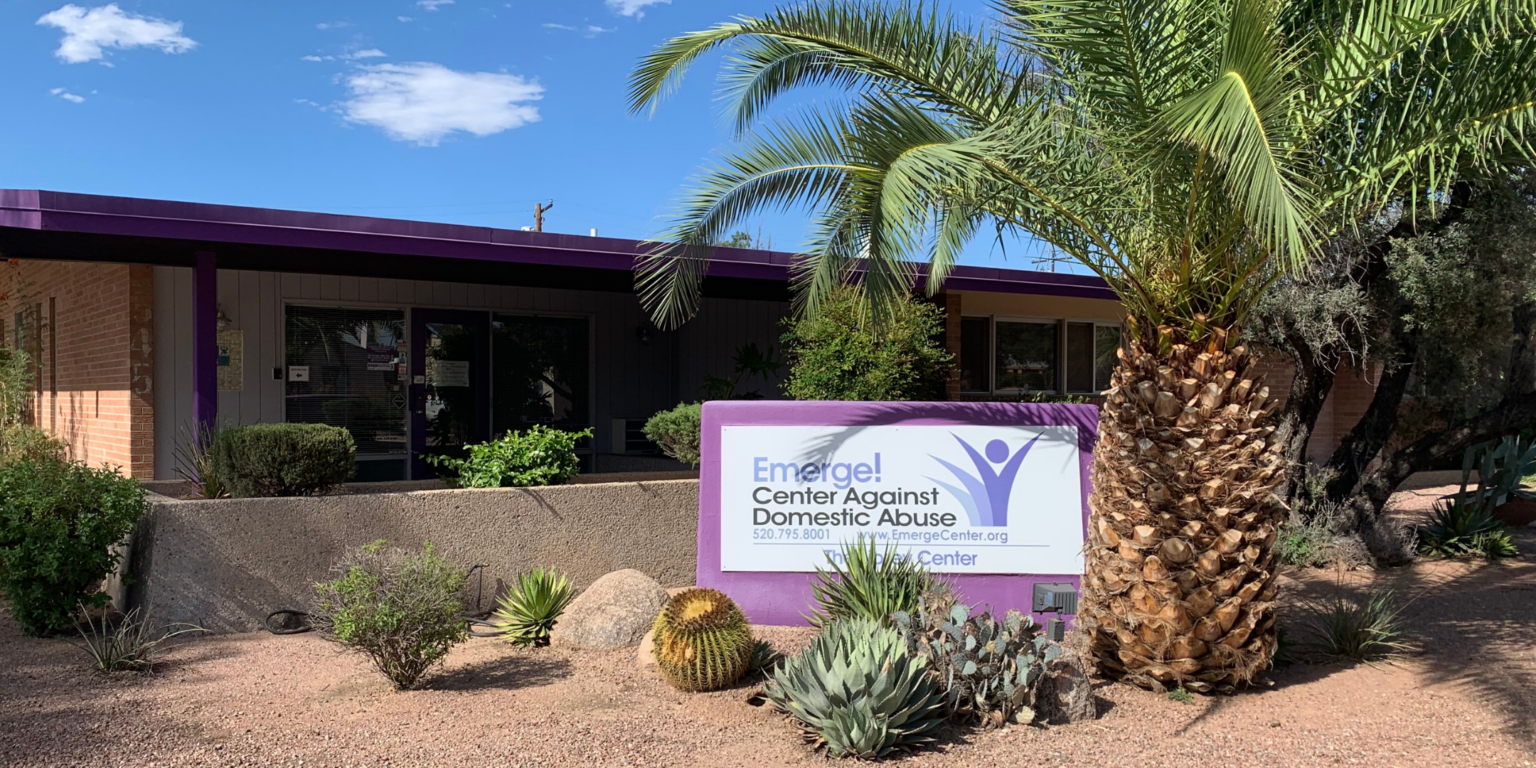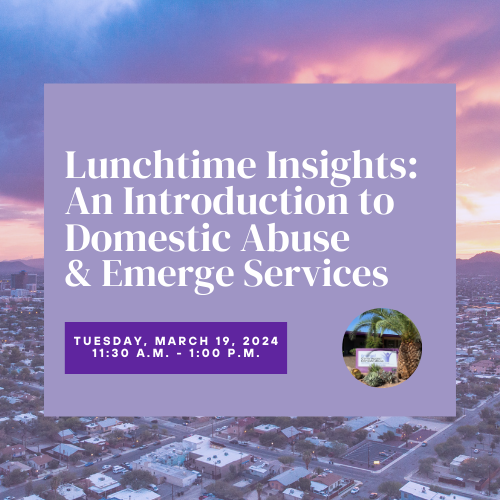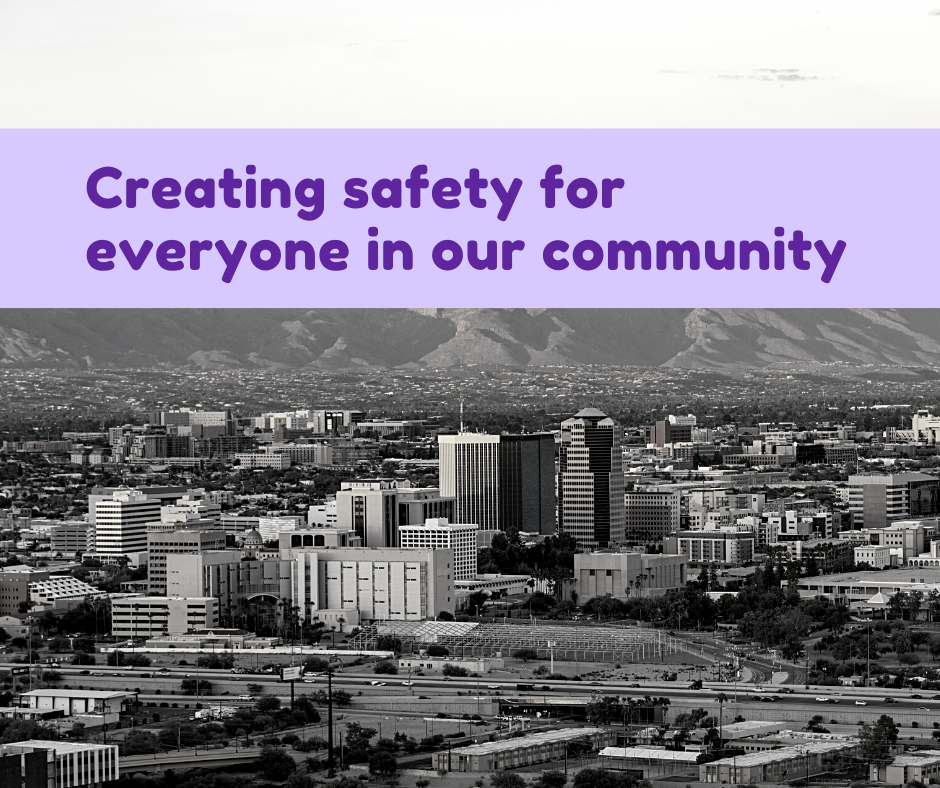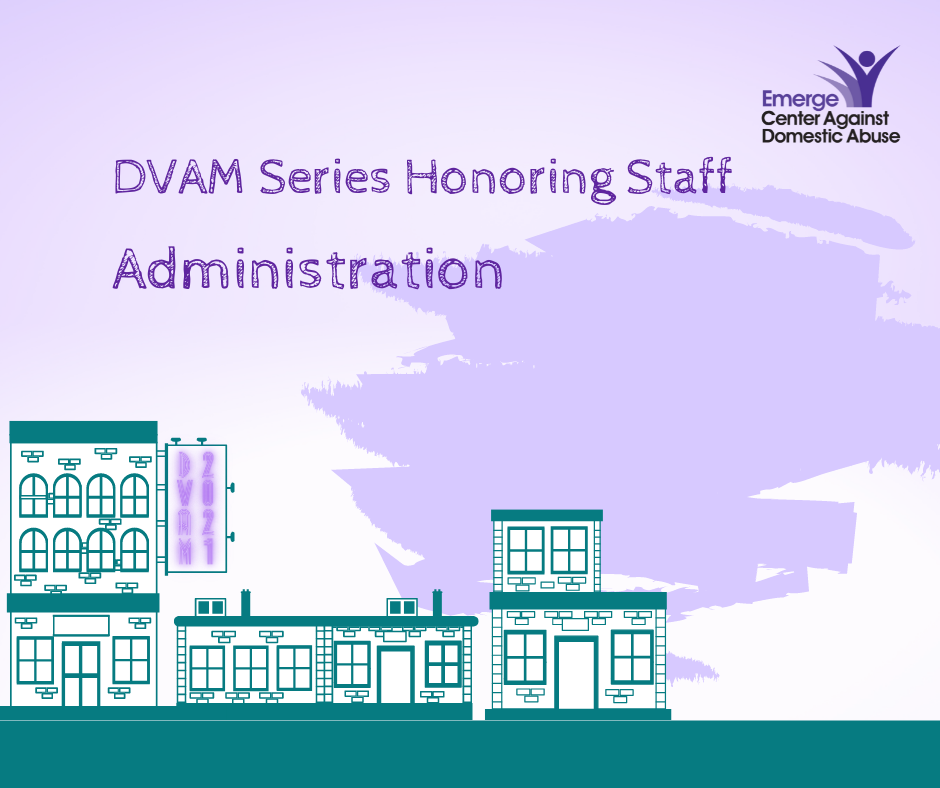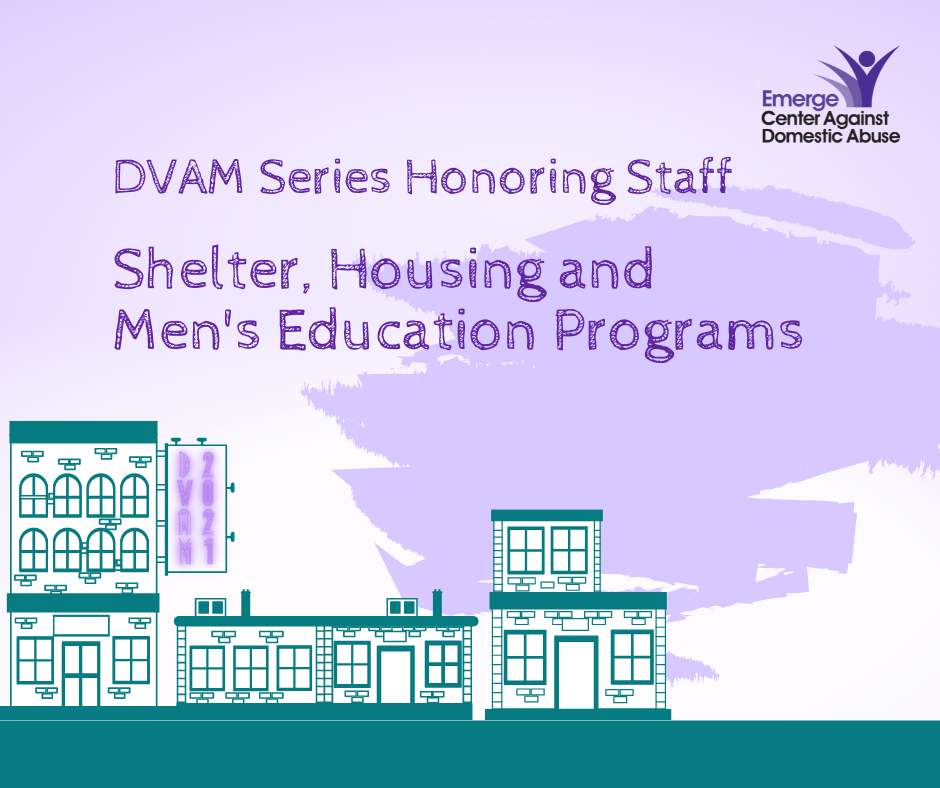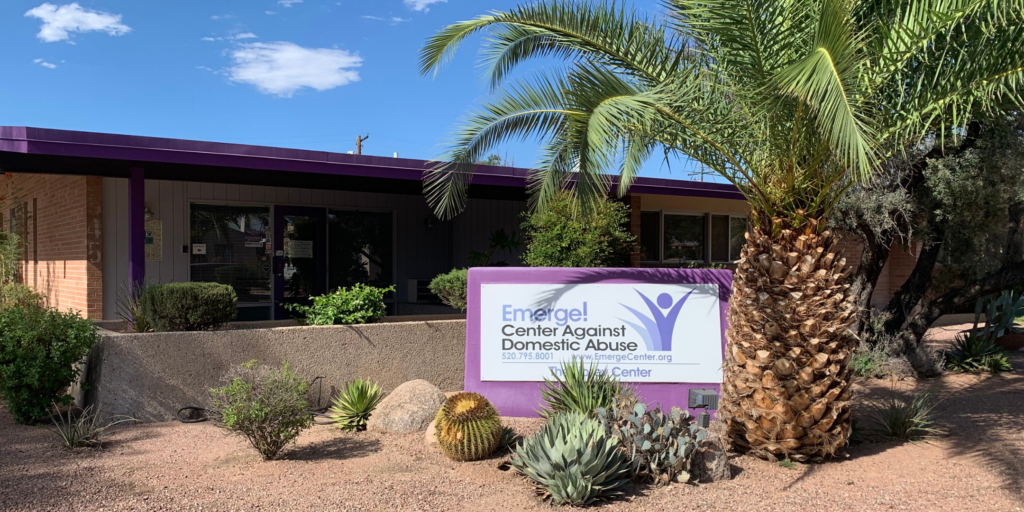
TUCSON, Ariz.: Alpha Chi Omega sorority members at the University of Arizona gain experience with fundraising and become advocates for changing the culture of gender-based violence. Over the course of a 20 year partnership, the sorority has raised $200,000 in support of Emerge Center Against Domestic Abuse (Emerge) services. In 2024 alone, the sorority has raised more than $33,000 for DV survivors.
Ryann Hochuli, Alpha Chi’s current Vice President of Philanthropy, said, “I’ve dedicated myself to advocating for and fundraising in support of domestic abuse awareness. This cause is particularly close to my heart, as I’ve seen firsthand the significant and often devastating effects that domestic violence can have on individuals and families. My experiences have inspired me to make a difference and work towards a future in which everyone feels safe and valued. Alpha Chi Omega supports survivors and advocates for changes to prevent future abuse. Together, we can break the cycle, encourage empathy, and ensure that everyone can thrive in a safe, supportive community.”
Alpha Chi also invests time and energy in raising awareness about dating violence and other forms of gender-based violence among their members and other students on the UA campus. Ed Sakwa, Emerge’s CEO, said “Emerge couldn’t ask for a better partner than Alpha Chi. It’s ingrained in their culture. We are thankful for their active efforts to educate and shift perspectives, belief systems, and behaviors within the UA student population so that everyone on campus—and beyond—is safer.”
The culture of Alpha Chi doesn’t come by accident. Tracey Rowley, Alpha Chi alumni and Philanthropy Advisor to the UA chapter, works with each year’s officers and other members to learn about the power of giving back to the community and the impact they can have on the issue of domestic violence.
“Alpha Chi Omega’s national philanthropy since 1992 is domestic violence awareness and prevention. As a result of that decision, Alpha Chi Omega, across the country has led the way in addressing a pervasive and devastating issue impacting women of all ages, races, and cultures,” said Rowley. “Accordingly, the Alpha Chi Omega chapter at the University of Arizona has completely embraced Emerge Center Against Domestic Abuse. Not only is the chapter one of the top fundraisers out of the 140 collegiate chapters in the country, the chapter is one of the top fundraisers for Emerge.”
Emerge thanks Alpha Chi for the difference they are making in the lives of so many families, and we believe it is important for the community to know about the action this sorority has chosen to take to make our community safer for all. They serve as an example to all of us when it comes to taking action to bring about meaningful change in our community.
###
